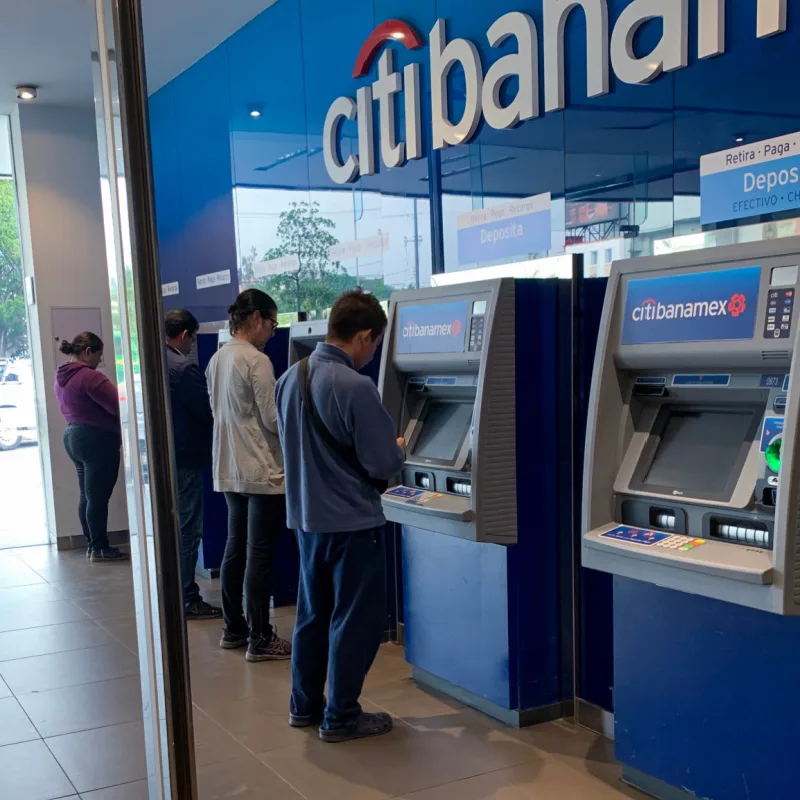Last Updated
Spring is the time of year when it’s all but guaranteed hordes of travelers will flock to Cabo’s pristine beaches.
Some are simply enjoying a nice couples or family vacation, while others are ready to let loose in the middle of their semester.

No matter the reason for your trip, Cabo never ceases to disappoint, but you can never be too careful when traveling internationally.
With the expected surge in tourists, even as safe as Los Cabos is for vacations, you may unknowingly have a target on your back.
To prepare travelers for such a case, the Federal Trade Commission (FTC) has issued a Consumer Alert for those planning their spring getaway.
Los Cabos Can Be Even More Costly Than It Should Be

Since spring sees a surge in tourists, it’s only natural for prices to rise too. While travelers can still score decent deals on airfare, hotels are averaging $500 per night.
Falling victim to a scam can become even more costly for a luxurious destination like Cabo, where travel budgets are often stretched thin.
The FTC is sounding the alarm on travel scams this season, but Los Cabos tourists could be the most affected since this lavish beach destination isn’t exactly known for being affordable.
Do Your Homework

The last thing anyone wants to do is more homework, especially college students who work long hours to study.
That being said, spending a little more time prepping your travel plans can help you avoid a world of hurt.
The FTC has issued three tips to ensure you aren’t scammed, the first of which is to simply ‘Do Your Research’.
Rather than click on the first deal that may or may not seem too good to be true, take a little extra time to validate it.

If you’re tempted to book with a hotel, tour operator, or travel agency you’ve never heard of before, try copying and pasting the name with keywords such as “scam”, “reviews”, or “complaints”.
If anyone else has been scammed by the same provider, then surely they voiced their opinion about it online.
Avoid Signing Or Paying Right Away
The FTC’s second tip is to avoid signing or paying unless you already have specific details confirming your reservation is legit.

While it’s always advised to acquire a travel insurance policy in case plans fall through unexpectedly, it’s wise to obtain copies of cancellation policies.
Flights, hotels, tours, and private transportation companies all have their own unique policies.
For hotels, specifically, the FTC advises confirming the address before signing documents or providing payment information on the off-chance that it’s fraud.
It may seem like a stretch, but these instances to happen more often than one might expect.
Stick To Your Credit Card
Lastly, the FTC is urging travelers to keep payments simple.
When booking a trip, especially a complete vacation package, it’s best to use your credit card over other forms of payment.

On one hand, you can dispute the transaction should things go awry. On the other hand, scammers tend to require wire transfers, cryptocurrency, or gift cards as payment.
In fact, the FTC says it’s a “sure sign” you’re being scammed if you’re asked to pay this way.
If you have heard of the company before, you likely have the green light to book, but if it seems sketchy or too good to be true, it’s best to move on.
Other New Travel Scams This Spring
Scammers know travelers are ready to splurge, and sometimes, the urge to splurge can blind us from making smart decisions when planning our vacations.

Before the FTC alert, Travel Off Path released 6 new travel scams affecting travelers right now.
The good news is Los Cabos was not named specifically, but many of the trending scams can still affect those booking a trip to Baja’s top destination.
According to Travel Off Path, these are the 6 new scams travelers should be aware of right now:
- 1) Shady Websites
- 2) Discount Vacation Packages
- 3) Public Charging Ports
- 4) Public Wi-Fi
- 5) Posting Your Location On Social Media
- 6) ATM Scams
Plan Your Next Cabo Vacation:
Traveler Alert: Don’t Forget Travel Insurance For Your Next Trip!
Choose From Thousands of Cabo Hotels, Resorts and Hostels with Free Cancellation On Most Properties
↓ Join The Community ↓
The Cabo Sun Community FB group has all the latest travel news, conversations and current events happening in Los Cabos

Subscribe to our Latest Posts
Enter your email address to subscribe to The Cancun Sun’s latest breaking news affecting travelers, straight to your inbox.
